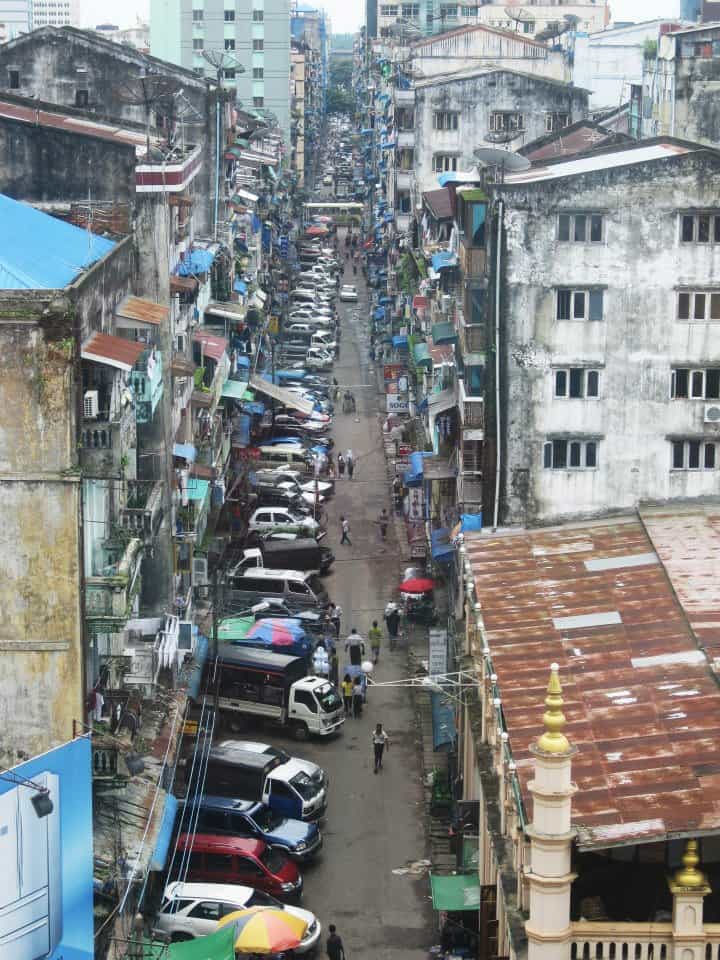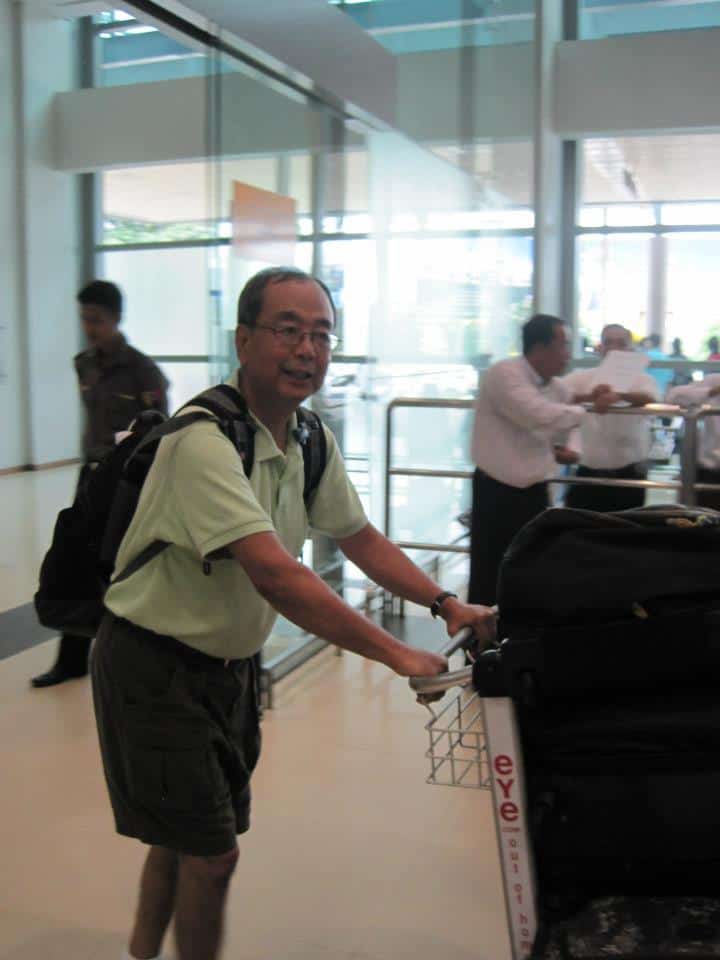It was the best of times….
Love For Myanmar founders Gary Watkins and Reed Iwami are finishing up a two-week ‘vision’ trip in Myanmar. They have been prayerfully gauging the new economic and government waters and have been in consideration for the next steps to take concerning LFMs exciting new opportunities in country. This week we have a note from Reed Iwami discussing some of the powerful disparities we seen in Myanmar as it is today…
We have been traveling to Myanmar for the past 10 years and each trip is so truly different from any other. The people we come in contact with, the places we visit, and the different opportunities for ministry all change and present themselves differently each time.
This trip is no different. It reminds me of the classic novel by Charles Dickens, ‘The Tale of Two Cities’ which says in the beginning of the book, “It was the best of times; it was the worst of times”. The stark contrast between the rich and the poor is more evident today than ever before. As the country of Myanmar opens up it brings a wealth of investment capital into the country, which in turn drives up prices on everything from land to food. The cost per square foot for land in Yangon is greater than in New York City, the hotel we used to stay at has tripled in price, food prices in many instances have doubled. This speculation environment has created havoc for the poor. Low-income housing is getting bulldozed for new construction; apartment prices escalate each year pushing tenants to find other housing opportunities further and further away. In Yangon apartment leases are paid in full for one year. As a result, many cannot afford to do so leaving them in a very difficult situation. The investment boom in Myanmar has not generated jobs for the poor. Unemployment continues to remain high. Children are working in teashops, restaurants, and other low-income jobs just so families can survive. It is indeed the best of times and the worst of times in Myanmar today.
We are prayerful that job opportunities and living conditions will improve for the poor as the investment boom begins to trickle down from ‘top to bottom’. We are here to try to make sure that people do not fall through the cracks in the mean time. 



Add Comment